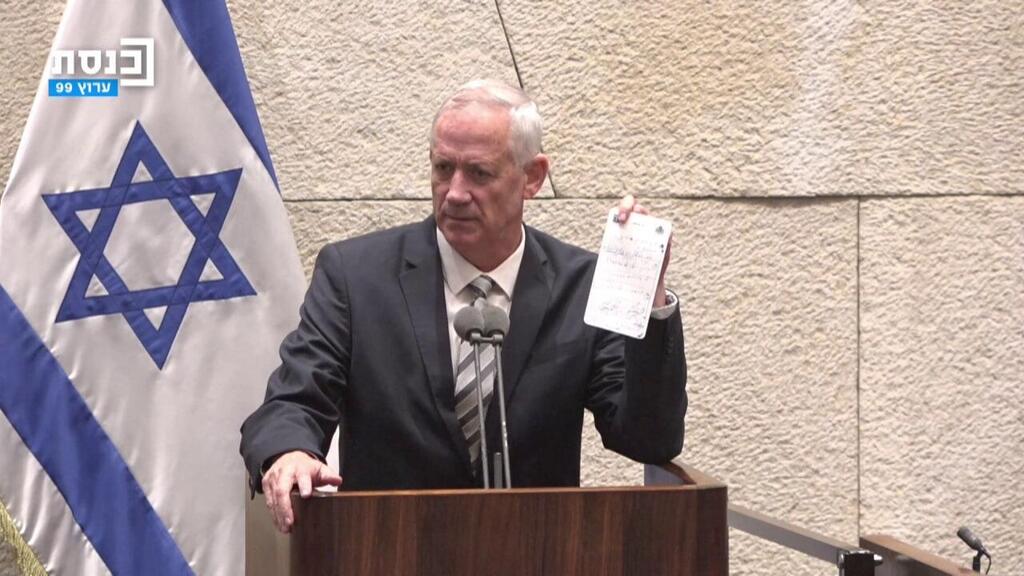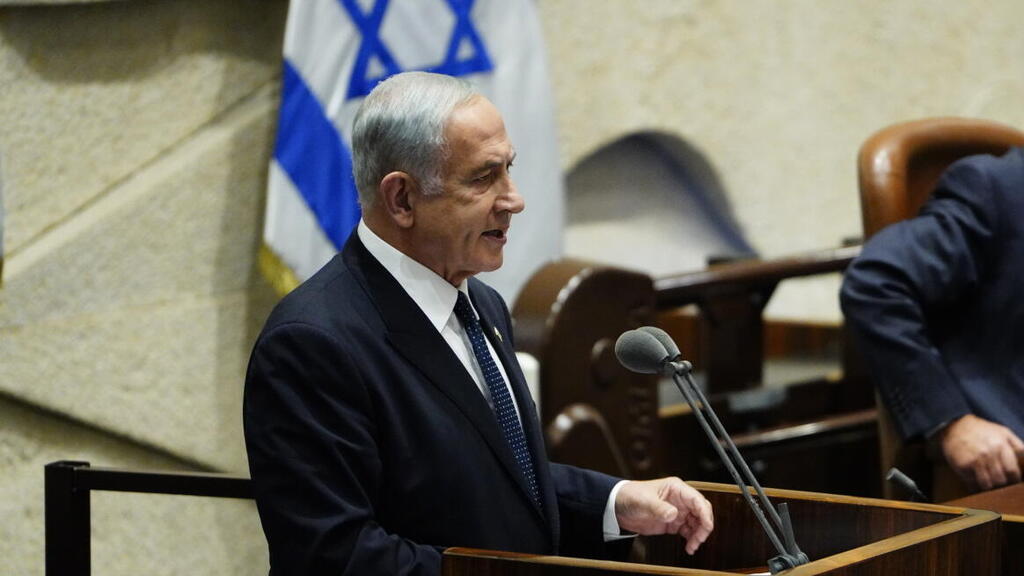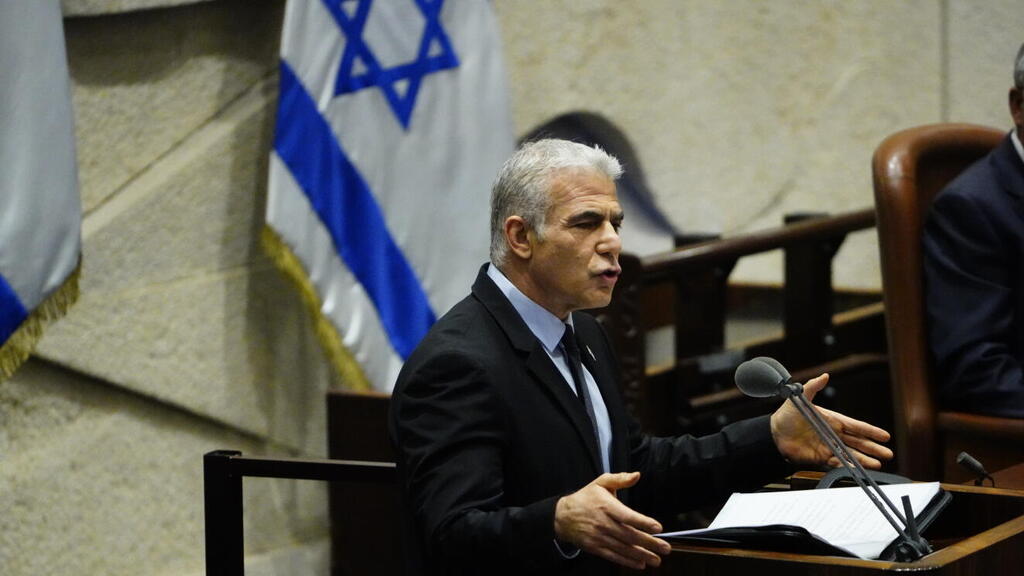Opposition leader Benjamin Netanyahu, who is poised to become Israel's next prime minister after his conservative bloc managed to secure a solid Knesset majority in last week's general election, called on his fellow lawmakers Sunday to do away with the factionalism of recent years and unite to serve the people of Israel.
"The elections are over, and as the dust of discord between both political camps settles, we must come out of the trenches and work together, he said, speaking at the Knesset's official memorial event marking 27 years since the assassination of former prime minister Yitzhak Rabin.
"Differences won’t disappear, and that’s fine. We have profound disagreements on several issues, which need to be addressed with responsibility and consideration. It’s okay to argue, we don’t need to agree on everything, but at the same time, we do need to know what to agree on."
"I do not hide my differences with prime minister Yitzhak Rabin. I warned of the dangers inherent in handing over land to the Palestinians, I was loyal to my truth and belief, as Rabin was loyal to his," Netanyahu added, referring to the Oslo Accords — a series of interim peace agreements between Israel and the Palestinians signed by Rabin.
Netanyahu also addressed burning policy issues as he is expected to assume the Prime Minister's Office for a record sixth time: "We will continue to do all we can to prevent Iran from arming itself with nuclear weapons."
"Israel must remain strong. Although there is still no permanent agreement with the Palestinians and there is no one in sight, mainly because of Palestinian intransigence, the Jewish State needs to control security over all of Israel."
Outgoing Prime Minister Yair Lapid, who spoke before Netanyahu, said in his speech that "Rabin understood the use of force."
"He fought his whole life and was the IDF chief of staff during the Six-Day War. He knew the strength of the State of Israel should be built on real and strong foundations."
"The old adage goes 'you can kill a man but you can't kill an idea'. But that's not true, you can also kill an idea. The fate of Rabin's perception of force depends on us and on what we will do in the coming years. If Israel abandons the rule of law, and our ties with the international community and completely abandons faith in peace — Israel will become weak and Rabin's ideas will be buried along with him."
3 View gallery


Outgoing Defense Minister Benny Gantz showing a note from the Western Wall
(Photo: Knesset Channel)
Taking the podium after Lapid and Netanyahu, Defense Minister Benny Gantz invoked the tense public atmosphere leading up to Rabin's assassination as he recalled how he was called a "murderer" by civilians during a visit to the Western Wall last week.
“Those were the exact same epithets hurled at Rabin 27 years ago. This is a little reminder. A reminder of the distinct and inextricable connection between words and deeds. I'm not afraid of it either, but I'm afraid for this country. Because in the end, words lead to actions. They have led to actions in the past and will lead to them in the future," Gantz said.



